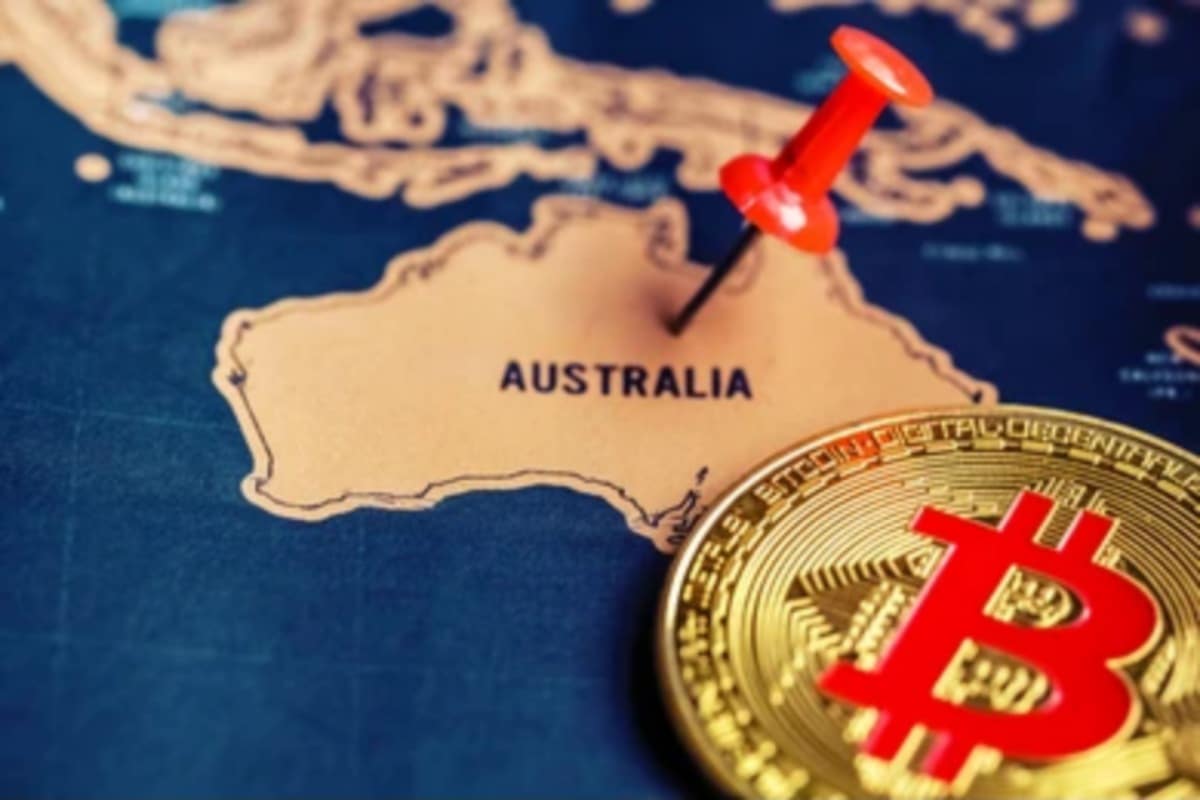The nation’s central bank, The Reserve Bank Of Australia, is studying blockchain technology to make Central Bank Digital Currency (CBDC). The bank’s governor, Phillip Lowe, confirmed the country’s move to study and facilitate government-issued digital currencies. Globally, countries see the importance of having digital currencies, with many nations already making plans to launch their virtual money. China has been the most outstanding in terms of digital currency creation.
The Asian country has been proactive and actively working to provide the newly created solution to the citizens. Recently, China officially announced the completion of the currency and its presently ongoing trials on numerous platforms. This might have influenced other countries to take steps regarding the creation of these currencies.
Australia changes plans on CBDC
Not many countries predicted the creation of digital currencies, but so many nations are showing interest. The greatest influence behind the creation would be the pandemic. Last year, when the pandemic broke out, people saw the need for more seamless financial solutions that would reduce the need for going to physical outlets to complete transactions.
The COVID-19 pandemic is known to be one of the most prominent health crises the global community has seen in the past few years, but it has helped technology grow within a short while. Australia might have its central bank-issued currency in years to come. Lowe revealed that the nation is undergoing some feasibility study and benefits that the solution could give citizens.
Interestingly, many central banks have been toying with the idea of reducing the production of paper money by creating a digital currency. A well-known international organization, the Bank of International Settlement, survey several countries on their plans concerning government-issued virtual currencies. The study revealed that over 80% of the banks that conducted the survey have plans to create a central bank digital currency.
But during the survey, Australia had explained that it was not interested in the creation, and experts concluded that the citizens might not be interested in the technology. It came as a surprise to the digital asset space that the country might have changed its earlier plans to fit the CBDCs into its agenda.
Low envisions virtual currencies changing interbank settlements
The bank’s governor revealed that the nation would create a research team for that purpose in a bid to understand the technology’s advantages. The financial expert said that it’s another example of technology and data opening up possibilities in digital currency creation.
He added that the research would determine the implication of the ‘wholesale central bank digital currency.’ Lowe predicts that banks could rely on a single transfer that would save time and energy than different transfers especially when changing from one currency to another.
Lowe is very passionate about the subject, and he added that the technology could utilize distributed ledger to settle the payment in different banks. The leader explained that the medium would serve both public and private sectors as the newly appointed teams are working on how that could be possible. Sources explain that the CBDC could be created on the Ethereum blockchain.
At Tokenhell, we help over 5,000 crypto companies amplify their content reach—and you can join them! For inquiries, reach out to us at info@tokenhell.com. Please remember, cryptocurrencies are highly volatile assets. Always conduct thorough research before making any investment decisions. Some content on this website, including posts under Crypto Cable, Sponsored Articles, and Press Releases, is provided by guest contributors or paid sponsors. The views expressed in these posts do not necessarily represent the opinions of Tokenhell. We are not responsible for the accuracy, quality, or reliability of any third-party content, advertisements, products, or banners featured on this site. For more details, please review our full terms and conditions / disclaimer.



